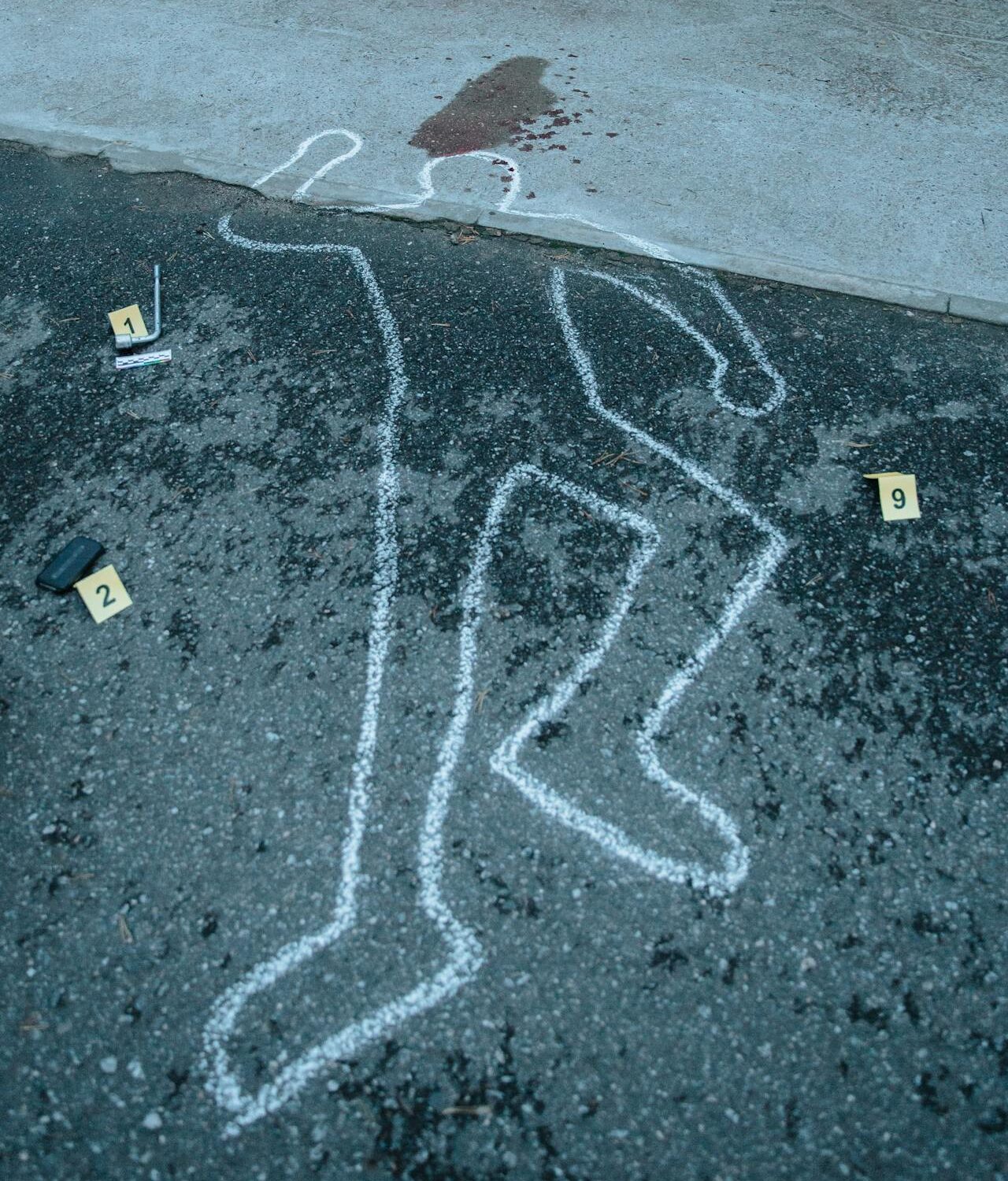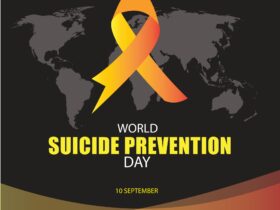Crime: A Trigger for Anxiety Disorders
The relationship between crime and anxiety disorders can be complex, as crime can both contribute to the development of anxiety disorders and be influenced by them in various ways:
1. Crime as a Trigger for Anxiety Disorders
Common Forms of Anxiety Disorders. Read more here
- Victimisation and Trauma: Experiencing or witnessing a crime, such as assault, robbery, or domestic violence, can lead to trauma, which may develop into anxiety disorders, particularly Post-Traumatic Stress Disorder (PTSD) or panic disorder. Victims of crime often face heightened fear and vigilance, making them more prone to generalised anxiety or specific phobias (e.g., fear of leaving the house or being in public spaces).
- Chronic Fear of Crime: Living in high-crime areas or environments where violence is common can result in ongoing fear and stress. This constant sense of danger can contribute to chronic anxiety or social anxiety, where individuals may feel unsafe or insecure in various social settings.
2. Crime Linked to Pre-Existing Anxiety Disorders
- Increased Vulnerability: People with anxiety disorders may be more vulnerable to becoming victims of crime, particularly those with social anxiety, generalised anxiety disorder (GAD), or other forms of severe anxiety. Their avoidance behaviors, isolation, or impaired decision-making in stressful situations could increase their risk of encountering danger or exploitation.
- Perception of Threat: Anxiety disorders can make individuals perceive their environment as more threatening than it actually is, leading them to interpret situations or people as dangerous, even when they’re not. This can escalate fear of crime, even in relatively safe conditions.
3. Crime-Related Behaviour in Anxiety Disorders
- Criminal Behaviour and Anxiety: Though rare, some individuals with severe anxiety or impulse-control issues may engage in criminal behavior as a way of coping with or escaping overwhelming emotions. For example, certain crimes like theft or vandalism might be committed impulsively as a reaction to distress, though these are more commonly associated with disorders like impulse-control disorders or substance use disorders than anxiety.
- Substance Abuse and Crime: Individuals with anxiety disorders may turn to drugs or alcohol to self-medicate, which can lead to illegal activities such as substance possession or dealing. This behaviour can further entangle them with the criminal justice system.
4. The Criminal Justice System and Anxiety
- Legal Consequences and Anxiety: Involvement in the criminal justice system—whether as a victim, witness, or offender—can heighten anxiety. The stress of legal proceedings, incarceration, or fear of retribution can exacerbate pre-existing anxiety disorders or lead to the development of new ones.
- Rehabilitation and Treatment in Criminal Settings: In some cases, individuals within the criminal justice system may receive treatment for anxiety disorders as part of their rehabilitation. However, if untreated, their anxiety may worsen due to the stress of incarceration, contributing to recidivism and ongoing mental health issues.
Conclusion
Crime and anxiety disorders are interconnected, with crime often acting as a trigger or an exacerbating factor for anxiety, while individuals with anxiety may be more vulnerable to both victimisation and, in rare cases, criminal behaviours. Treatment and intervention are crucial for breaking this cycle, focusing on trauma recovery, mental health support, and addressing the underlying fears that contribute to the development of anxiety disorders.





























